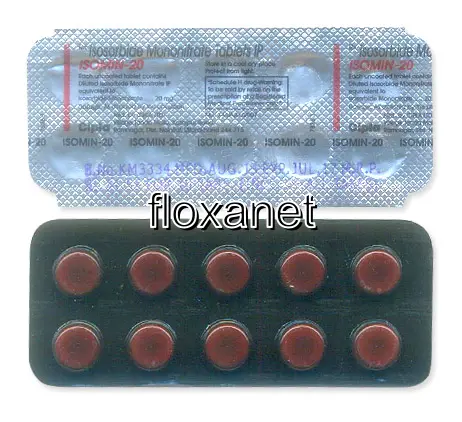| Package | Dosage | Price | Price per Dose | |
|---|---|---|---|---|
| Dosage: 20mg | ||||
| 360 pill | 20mg | CAD374.96 | CAD1.04 | |
| 180 pill | 20mg | CAD212.09 | CAD1.17 | |
| 120 pill | 20mg | CAD159.06 | CAD1.33 | |
| 90 pill | 20mg | CAD132.55 | CAD1.48 | |
| 60 pill | 20mg | CAD102.25 | CAD1.70 | |
| 30 pill | 20mg | CAD62.48 | CAD2.06 | |
| Dosage: 40mg | ||||
| 360 pill | 40mg | CAD490.48 | CAD1.36 | |
| 180 pill | 40mg | CAD255.65 | CAD1.42 | |
| 120 pill | 40mg | CAD172.32 | CAD1.44 | |
| 90 pill | 40mg | CAD136.34 | CAD1.52 | |
| 60 pill | 40mg | CAD100.35 | CAD1.69 | |
| 30 pill | 40mg | CAD54.90 | CAD1.86 | |

Isosorbide Mononitrate Description
Introduction to Isosorbide Mononitrate
Isosorbide Mononitrate is a widely used medication primarily prescribed for the prevention and treatment of angina pectoris, which is chest pain caused by reduced blood flow to the heart. As a nitrate drug, it works by relaxing and widening blood vessels, thereby improving blood flow and reducing the heart's workload. Many patients find this medication effective in managing their heart-related conditions when used as directed.
Effectiveness and Benefits
Patients who take Isosorbide Mononitrate often report significant relief from angina symptoms. The medication helps prevent attacks rather than treating them during an episode. Its long-acting formulation allows for a sustained release of the active ingredient, providing consistent blood vessel dilation throughout the day. This can lead to fewer episodes of chest pain and an overall improvement in quality of life. Many users appreciate the ease of once-daily dosing, which fits conveniently into daily routines.
Usage and Dosing Recommendations
Proper dosing is crucial to maximize the benefits and minimize potential side effects. Usually, the medication is prescribed in tablet form, taken once daily, with or without food. It is essential to follow the healthcare provider's instructions carefully. Patients are advised not to alter the dose or stop taking the medication abruptly without consulting their doctor. Consistency in medication timing helps maintain stable drug levels and optimal effectiveness.
Possible Side Effects
While Isosorbide Mononitrate is generally well-tolerated, some users may experience side effects. Common reactions include headaches, dizziness, flushing, or nausea. Headaches tend to diminish over time as the body adjusts to the medication. Less common but more serious side effects can include low blood pressure, blurred vision, or allergic reactions such as rash or swelling. It's important to notify a healthcare professional if any severe or persistent side effects occur.
Precautions and Interactions
This medication requires careful consideration if used alongside other drugs. Drug interactions with medications like antihypertensives or erectile dysfunction drugs can enhance side effects such as hypotension. Patients should inform their healthcare provider about all medications and supplements they are taking. Additionally, those with certain conditions like severe anemia, head trauma, or low blood pressure should discuss this thoroughly before starting Isosorbide Mononitrate.
Patient Experience and Reviews
Many users report positive experiences with Isosorbide Mononitrate. They notice a reduction in the frequency and severity of angina episodes. Patients often appreciate the simplicity of once-daily dosing and the consistent relief it provides. However, some mention that initial side effects like headaches can be bothersome but tend to fade over time. Overall, the medication is viewed as an effective option for managing chronic angina, especially when combined with lifestyle changes and other therapies.
Conclusion
Isosorbide Mononitrate remains a cornerstone in the management of angina pectoris. Its ability to improve blood flow and reduce chest pain has helped many patients lead more active and comfortable lives. As with any medication, adherence to medical guidance, regular monitoring, and awareness of potential side effects are vital for optimal results.